By Jon Cohen
The Neverland Players performed four times last weekend, and each show was replete with the customary laughs and imagination that audiences have come to expect from the Grinnell’s silliest acting troupe. The program consisted of 10 short skits, all modified from stories by the third and fourth graders from Davis Elementary. The connection between the community and college is one of the key components to Neverland’s popularity.
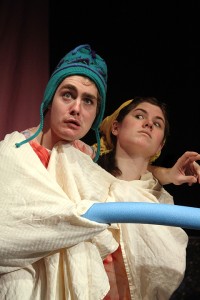
“Bringing a kid’s imagination to life is just mind-blowing, beautiful. I love it,” said Teddy Hoffman ’14, one of the 12 players.
Rehearsals begin just four weeks prior to performance, but once they do begin the cast does not waste a minute—at least not by Neverland standards. Rehearsals typically begin with games: four corners, tag and other playground favorites. The idea is to rekindle the creative spirit of youth.
“We get really high-energy,” said Keilah Courtenay ’13. “Our directors help us filter that energy into a more cohesive product.”
To prepare the third- or fourth-grade novella for the collegiate stage is more than a matter of simple editing. It is a transformation.
“The goal is to keep the essence of the story and what the kid was trying to say,” said director Amanda Borson ‘13.
The directors split the cast into groups of three or four to workshop each story. After a little improvisation and a healthy portion of imagination, the groups bring their products back to the directors and the rest of the cast for a larger workshop.
In addition to Hoffman and Courtenay, Neverland includes Kate Whitman ’14, Kate Doyle ’13, Ben Tape ’11, Johnny Buse ’11, Hutch Freeland ’14, Grace Carroll ’12, Natalie Eisenberg ’12 and Charles Netzer ’11. Dylan Naylor ’13 accompanies on the piano, while Lexy Leuszler ’12 co-directs with Borson. Fortunately, their jobs are made easier by the quality of the material they work with.
“The kids’ imaginations—their stories are hilarious,” Eisenberg said. “Even when they’re [illogical] they’re so funny. We might change them a lot. We might not change it at all. It really depends.”
The cast pinballs ideas back and forth until the skit is ready for the show, but not all stories make the final cut.
“We did a lot of skits that didn’t even make it to the performance, just for practice, that I loved because they just made me laugh hysterically,” Hoffman said.
In the end, the decision of what stories make the show rests with the directors, Borson and Leuszler.
“We never throw away a story,” Borson said. “We kind of have an archive of past semesters. We have stories that we love, but can’t perform because they’re kind of inappropriate. Actually one of them we ended up doing because we were able to change it into something that was ok but still had a wink toward the actual story.”
That story, “World War II in 2009,” was transformed into “Waffle Wars,” one of the many highlights from this semester’s production, which featured such memorable skits as “Shoplifting Scorpion,” “Flying Squirrels” and “Space Race.”
Perhaps the most outrageous of the first nine skits was “Monster Toilet,” starring Buse as an angry talking toilet. Created by kid-scientist Carroll, the monster toilet horrified Davis Elementary bathroom-goers.
To resolve the story, Carroll’s character had to admit the toilet was her responsibility, and she and the toilet settled their differences.
As usual, Neverland concluded with its all-cast epic entitled “Dargon.”
In the skit, which was set in a Davis classroom, Buse played the role of the 23-year-old Teach for America instructor who couldn’t quite control his class of unruly third graders.
The plot had surprising depth for a 10-minute act. Helga, played by Whitman, transformed her pet newt into a “dargon,” using a magical potion, in an attempt at popularity. However, her plan backfired as the dargon, played by Netzer, terrified the other students at recess. Along the way, the teacher gained confidence, the students befriended the dargon and Helga, and everyone learned about kindness and acceptance.
What makes Neverland successful, according to Borson, is the attitude of the actors.
“It credits their abilities to really be unselfish and not say, I want the lead, I want the lead,” Borson said. “No. Natalie [Eisenberg] was just a school child, but she had all these amazing lines in it that made the skit pop.”
Neverland also sets itself apart with its original musical stylings, accompanied by Naylor on the piano. The Players began the show with a song about the different characters and plots of each story and welcomed the audience to join in their imagination. The opening act, in which the Players sing and discuss the joys of Neverland, is a mainstay of the production, but changes each semester to reflect the newest stories.
While Neverland always features musical acts, this semester’s cast set the bar just a bit higher in that category.
“I think the songs were great,” Borson said. “I think everyone liked ‘Include You.’”
“Include You,” a parody on Cee Lo Green’s less-appropriately-entitled song, was certainly a crowd pleaser.
“The great thing about Neverland is you can do literally whatever you want and be whoever you want,” Eisenberg said. “I have done Western accents, I’ve done Hispanic accents, I’ve done Alien, I’ve rapped, I’ve been a seal, I’ve been an ogre, I’ve been … I don’t even know what Sonny Katara is. We have all these different characters in our arsenal, all of us weird people, and we just sort of bring them out.”
Ultimately, what attracts audiences to Neverland is also what draws in the actors who make the show what it is.
“I feel like Grinnell can be a really high pressure environment, so it’s really nice to come to a place where you can relax and be a kid,” Borson said.
It is this mutual sentiment that brings the actors to Neverland and closer to each other.
“When you do Neverland—I hate to sound cheesy, but—it’s almost magical in the sense that the cast actually becomes like a family,” Hoffman said.
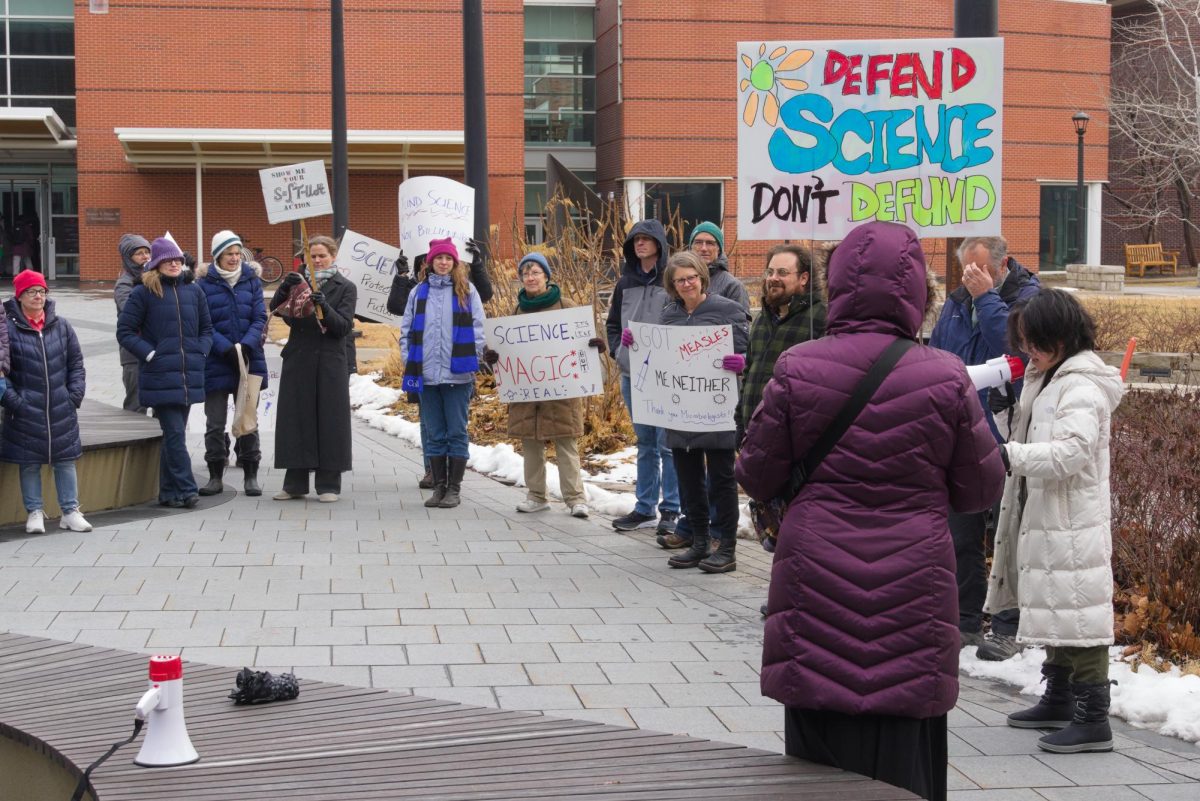


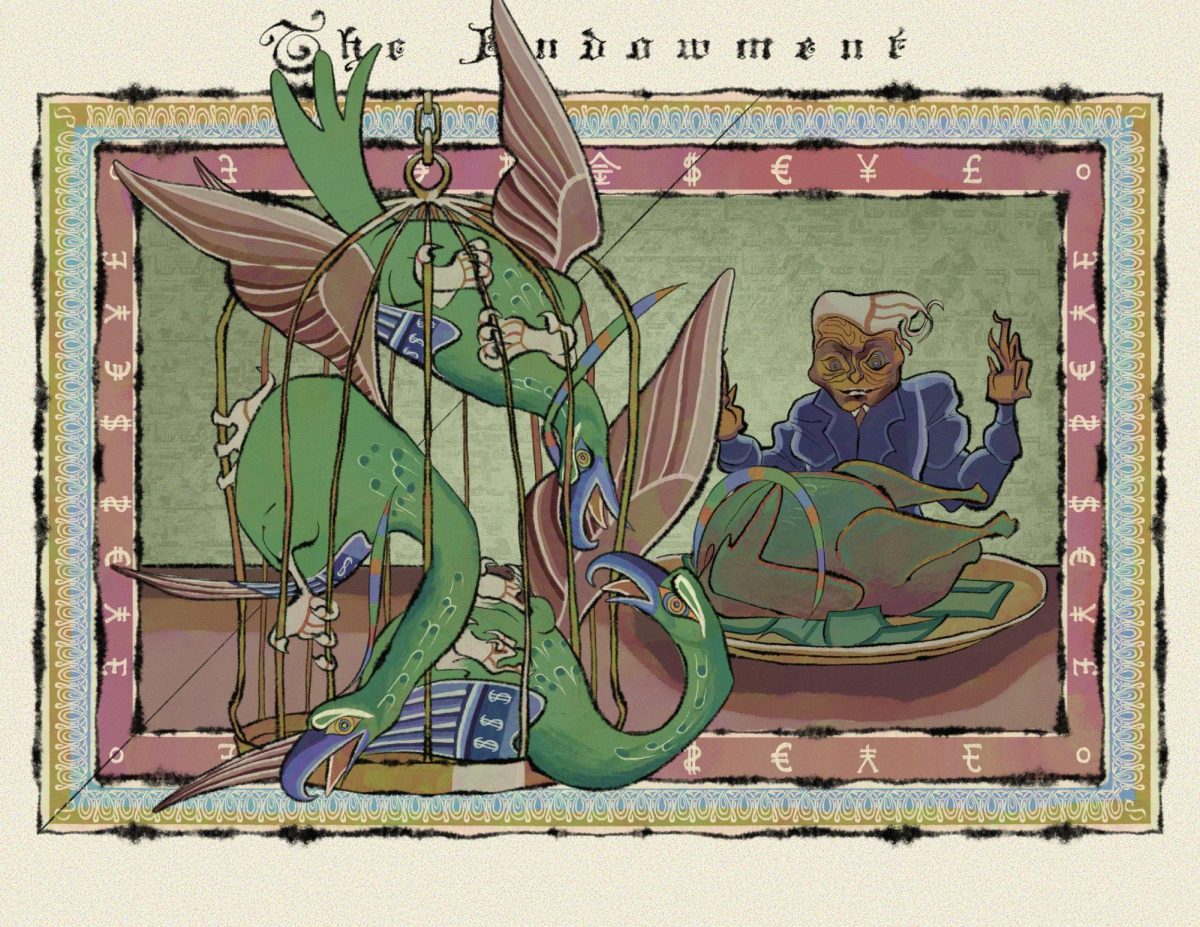
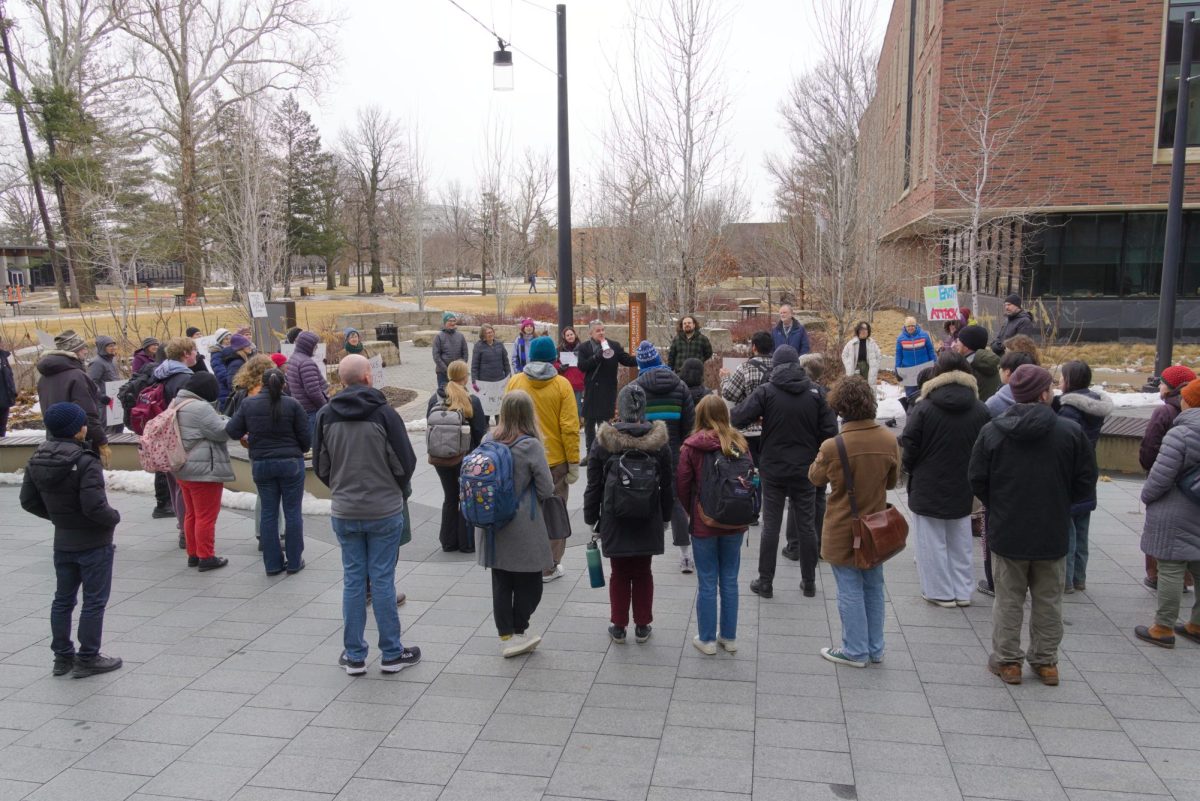
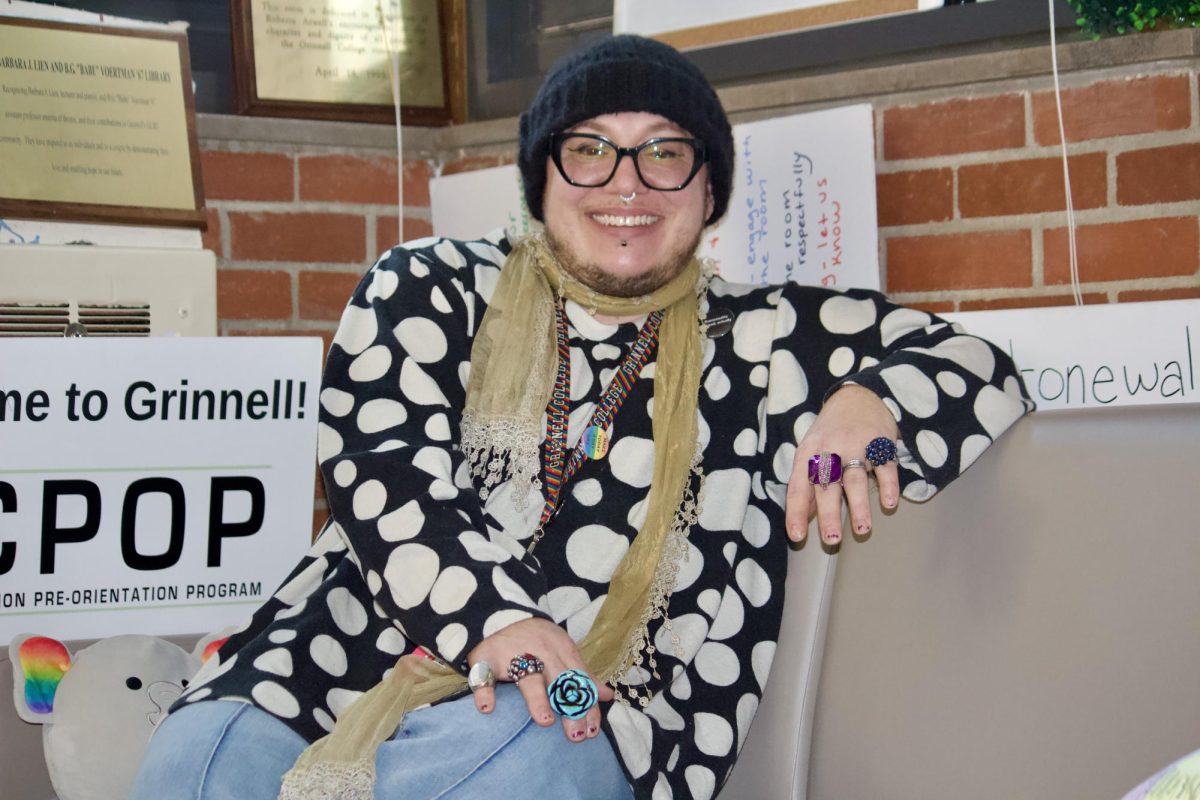

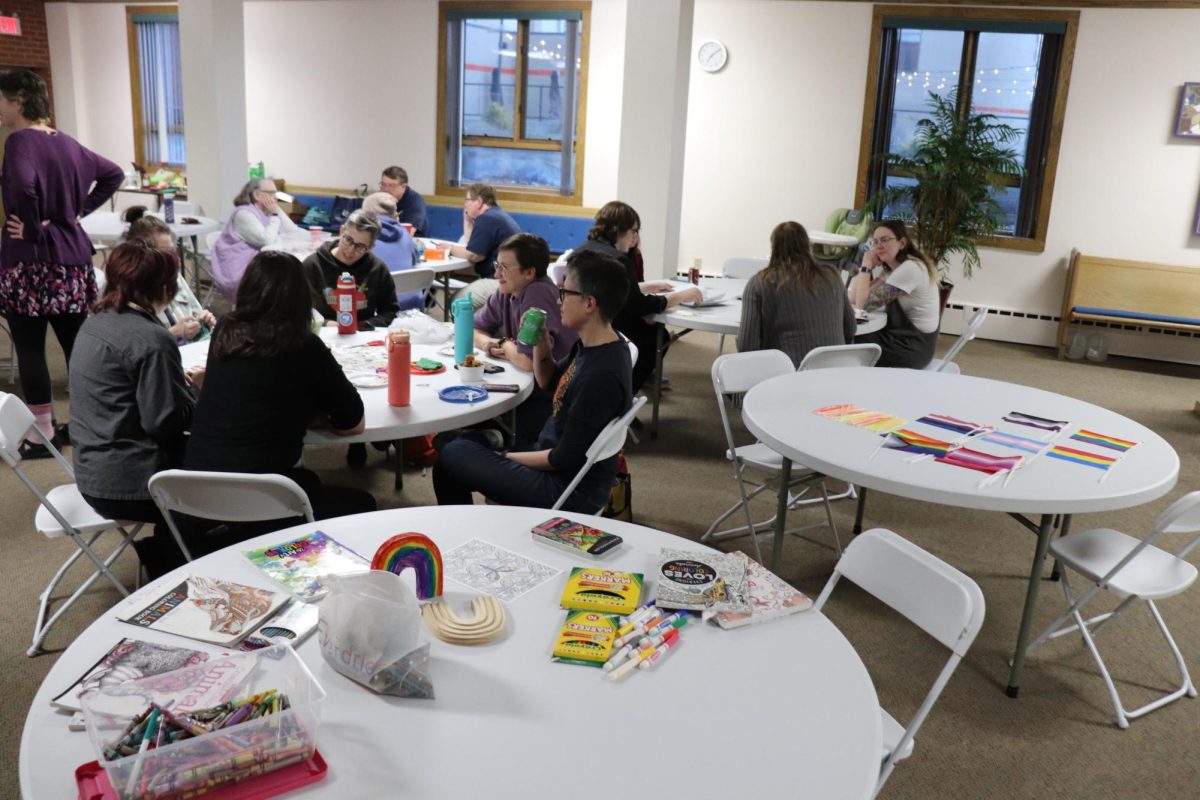

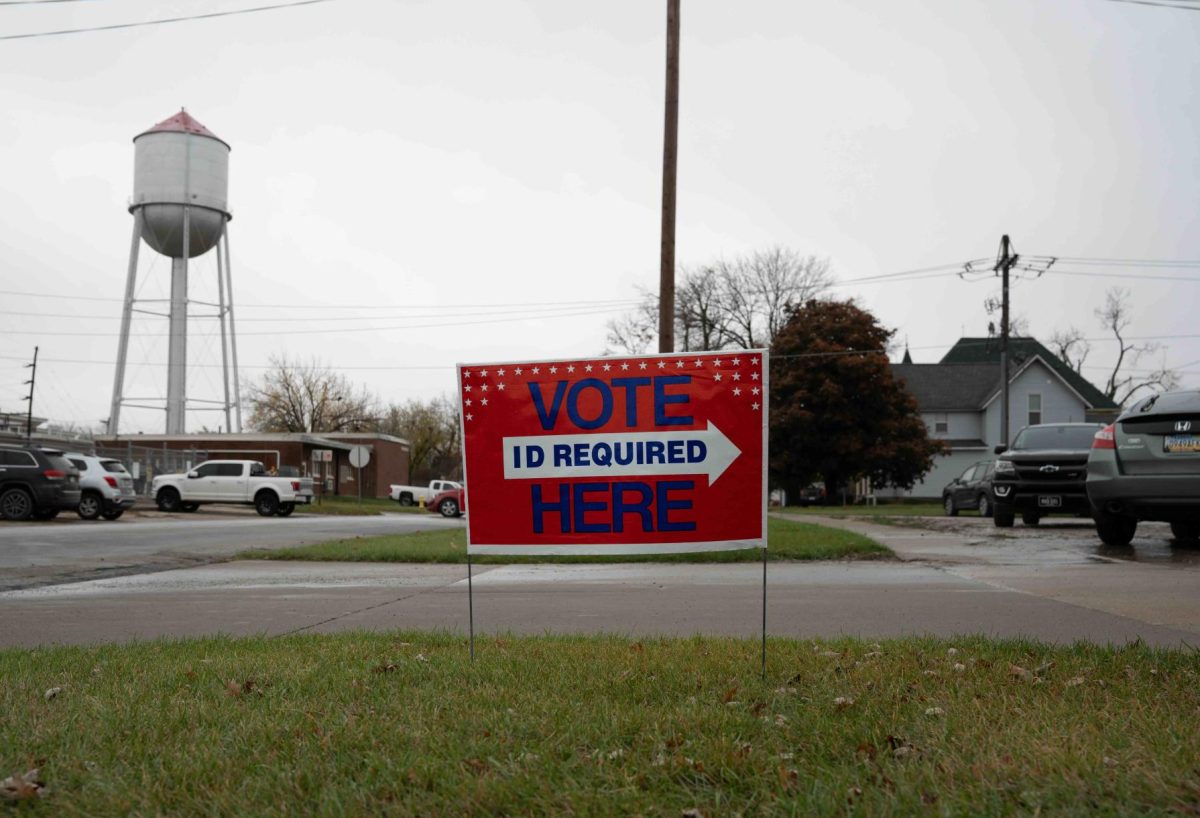
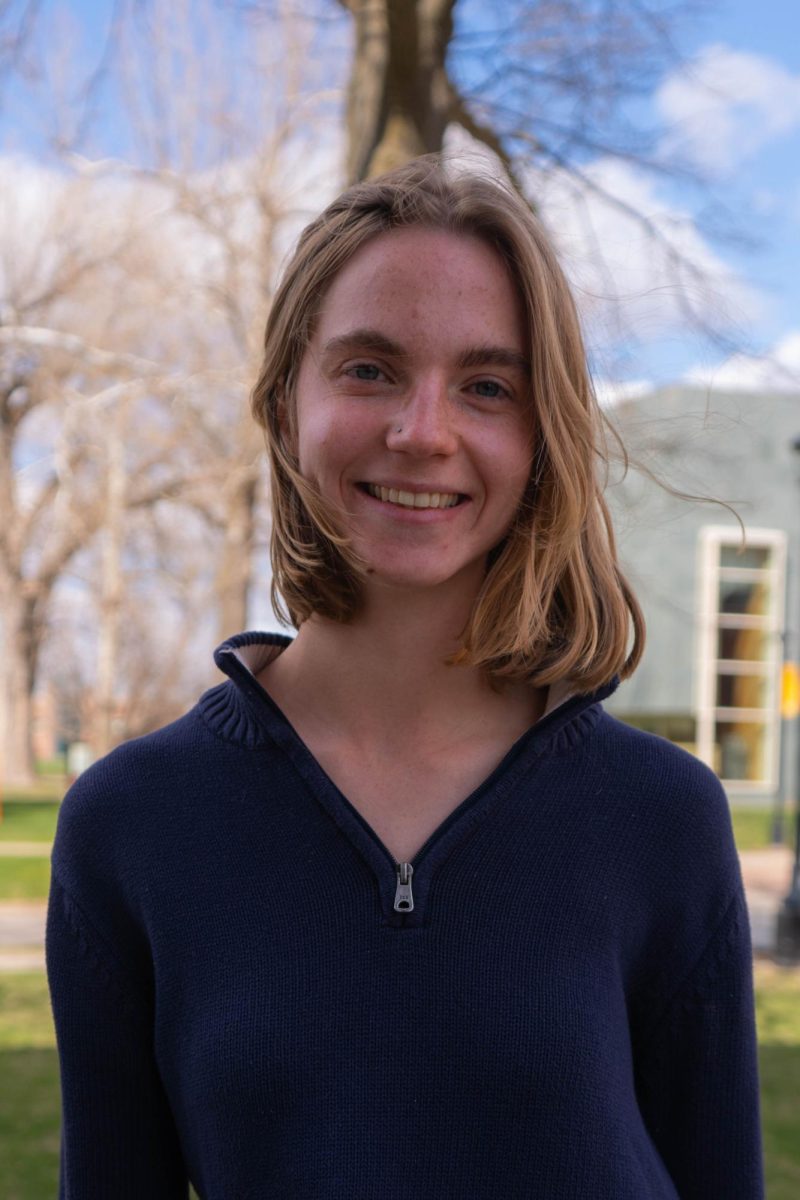
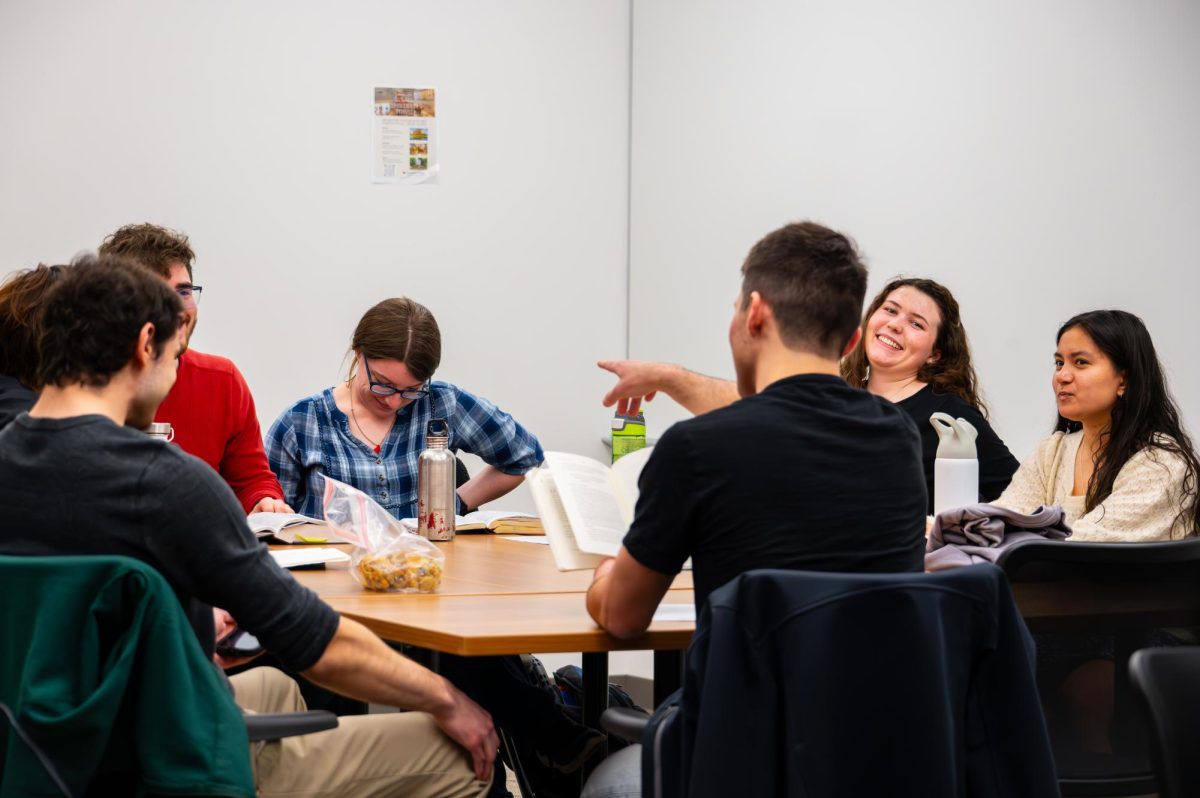



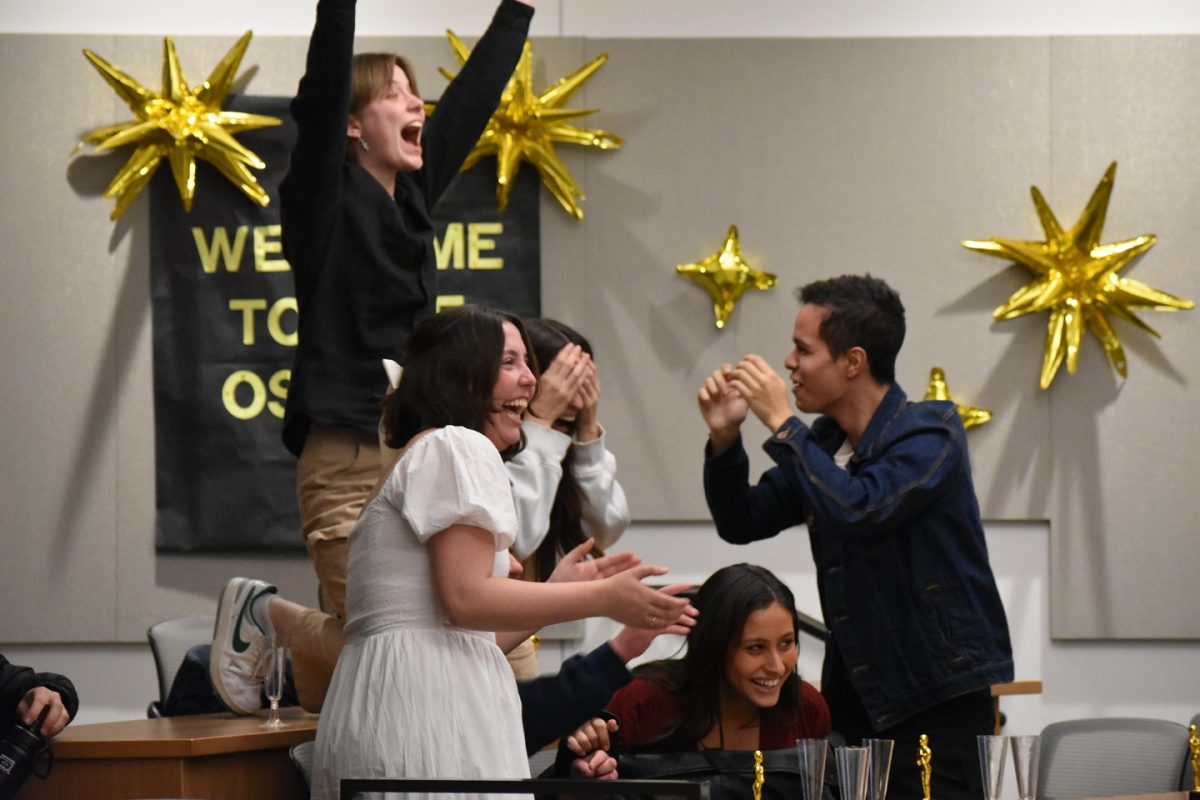
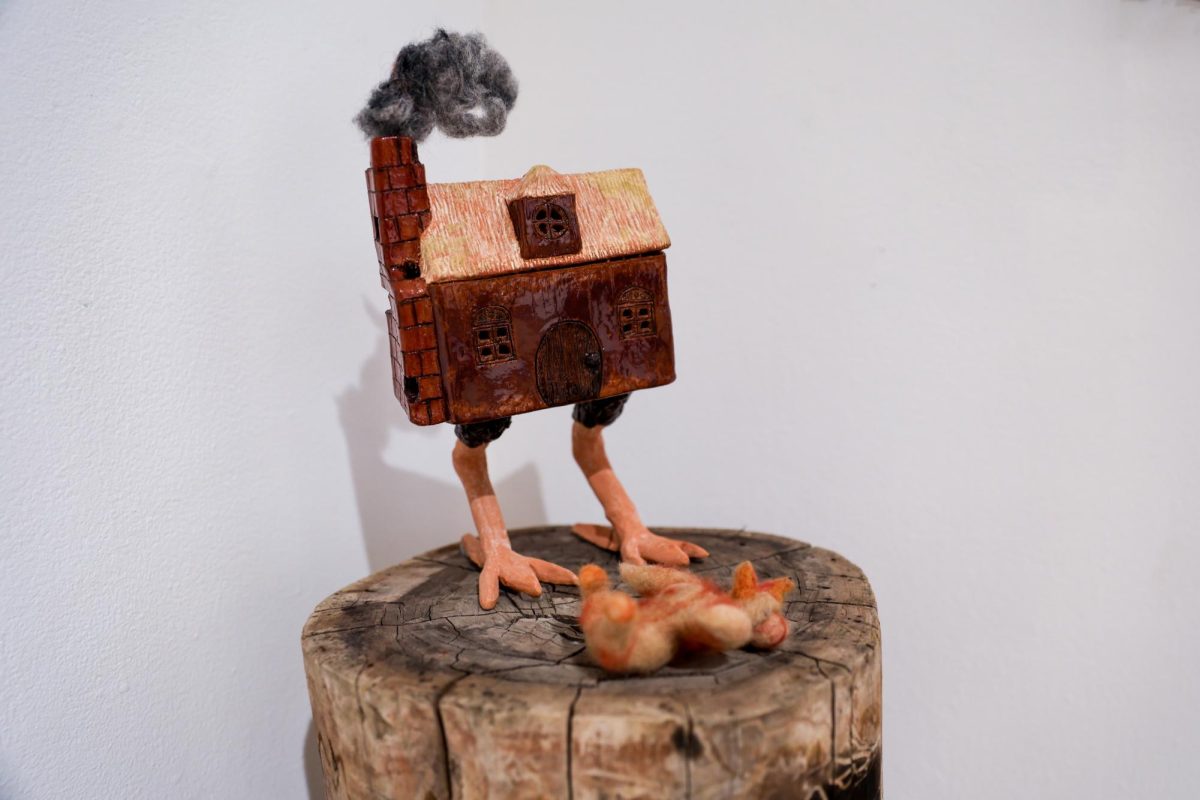
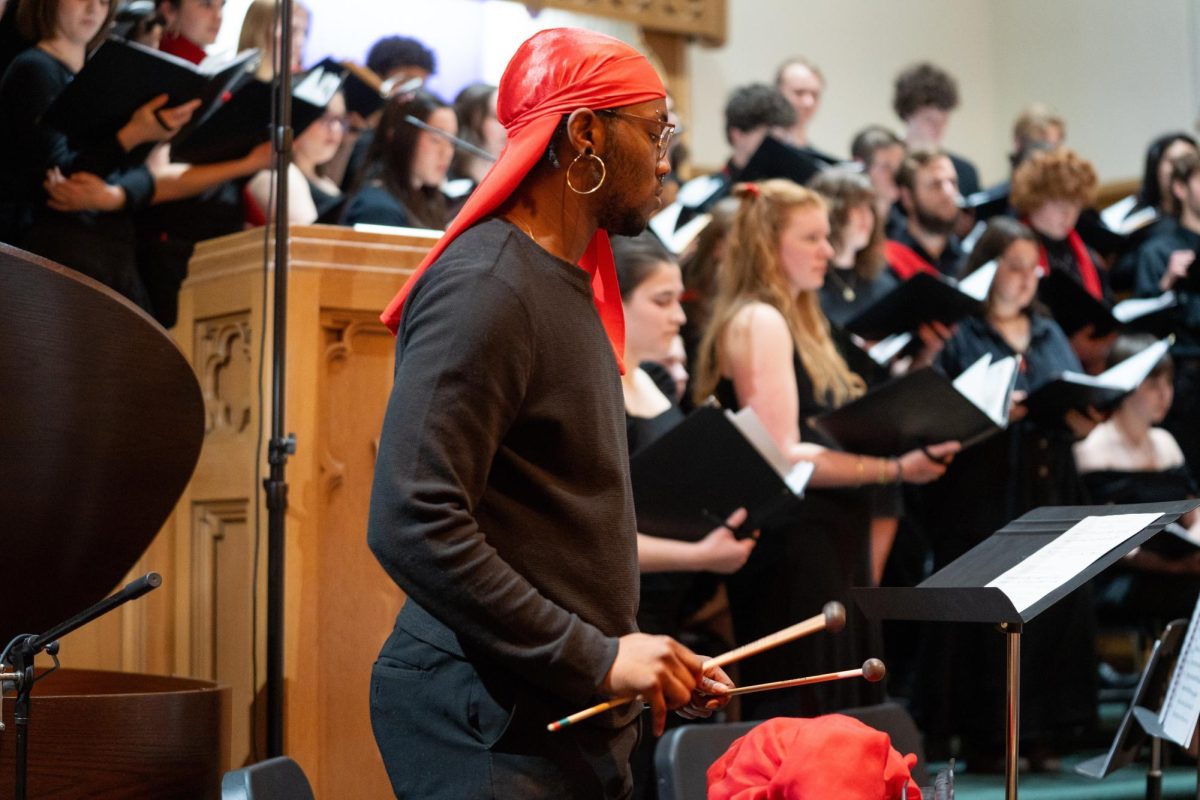
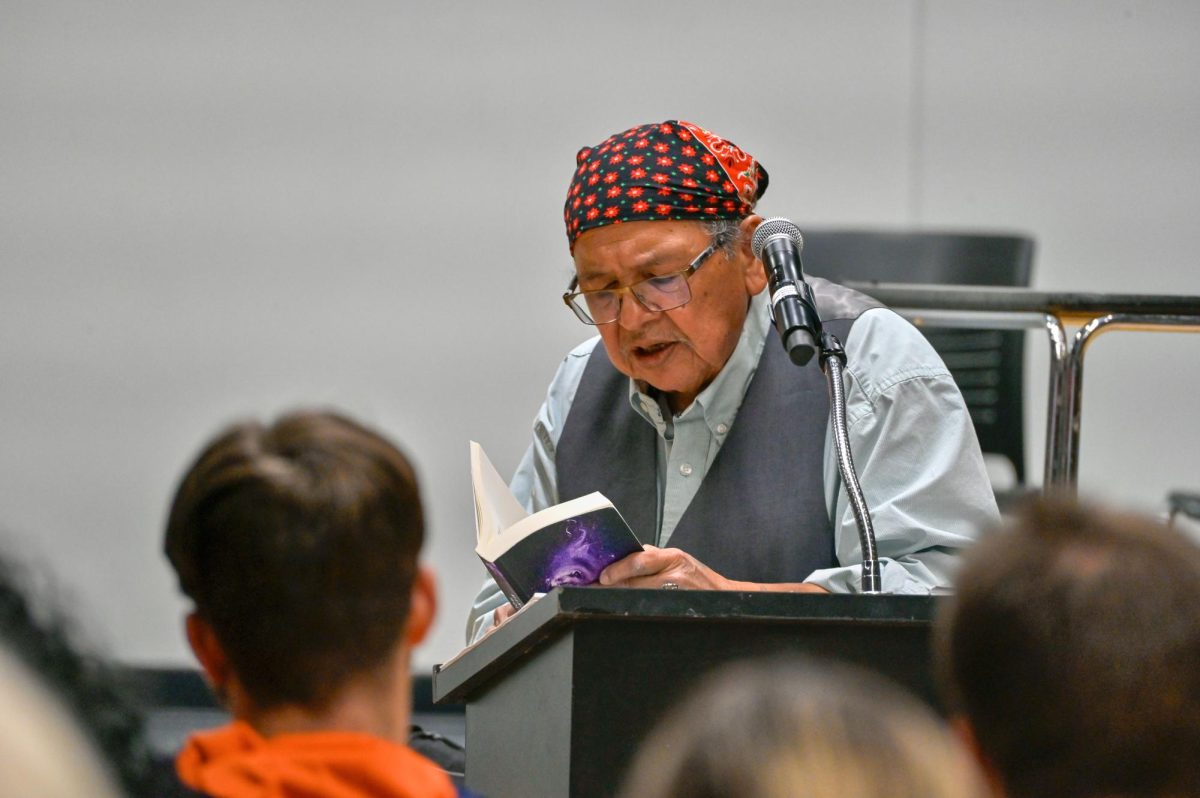
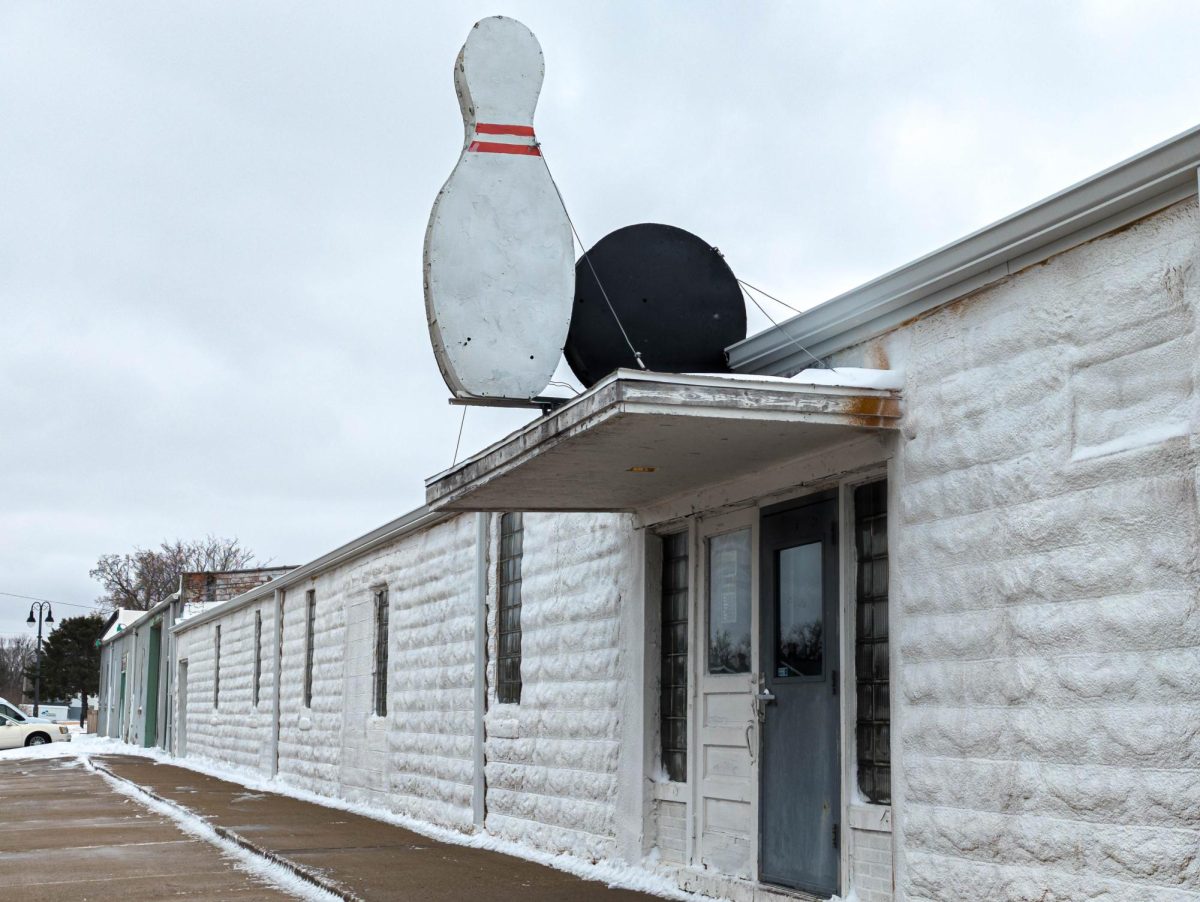
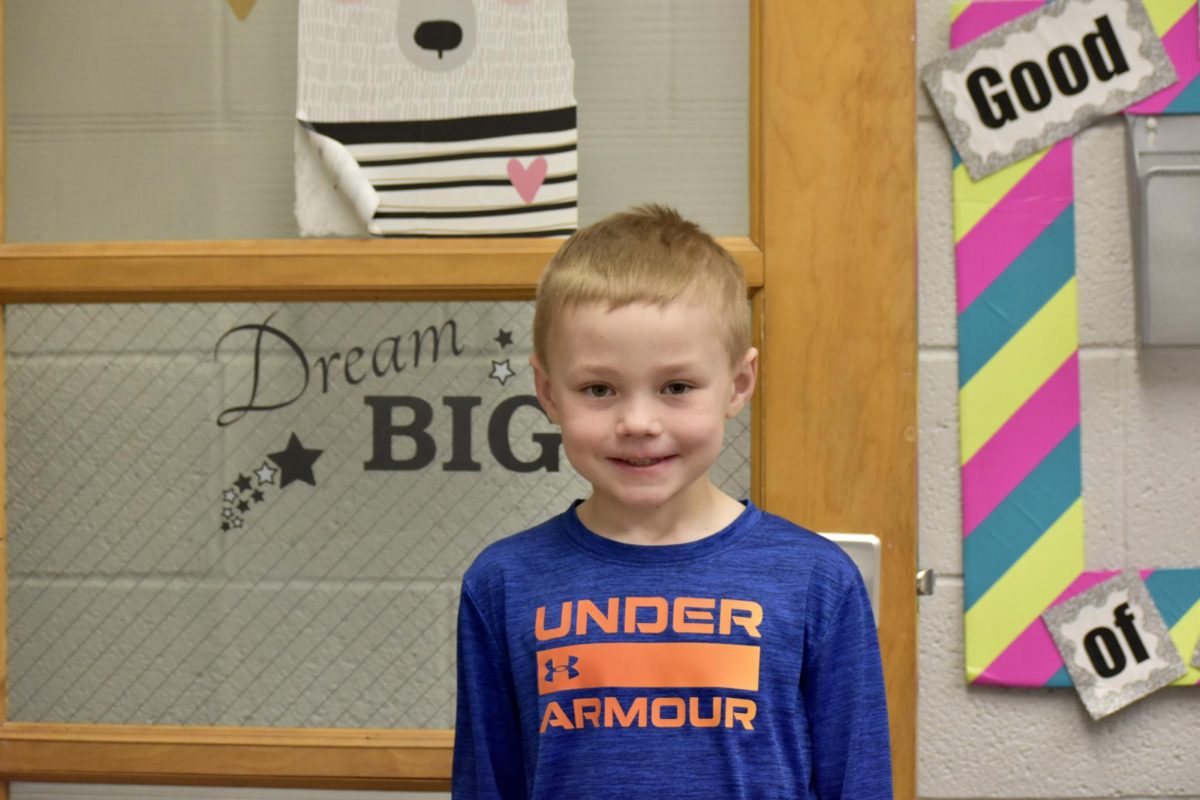
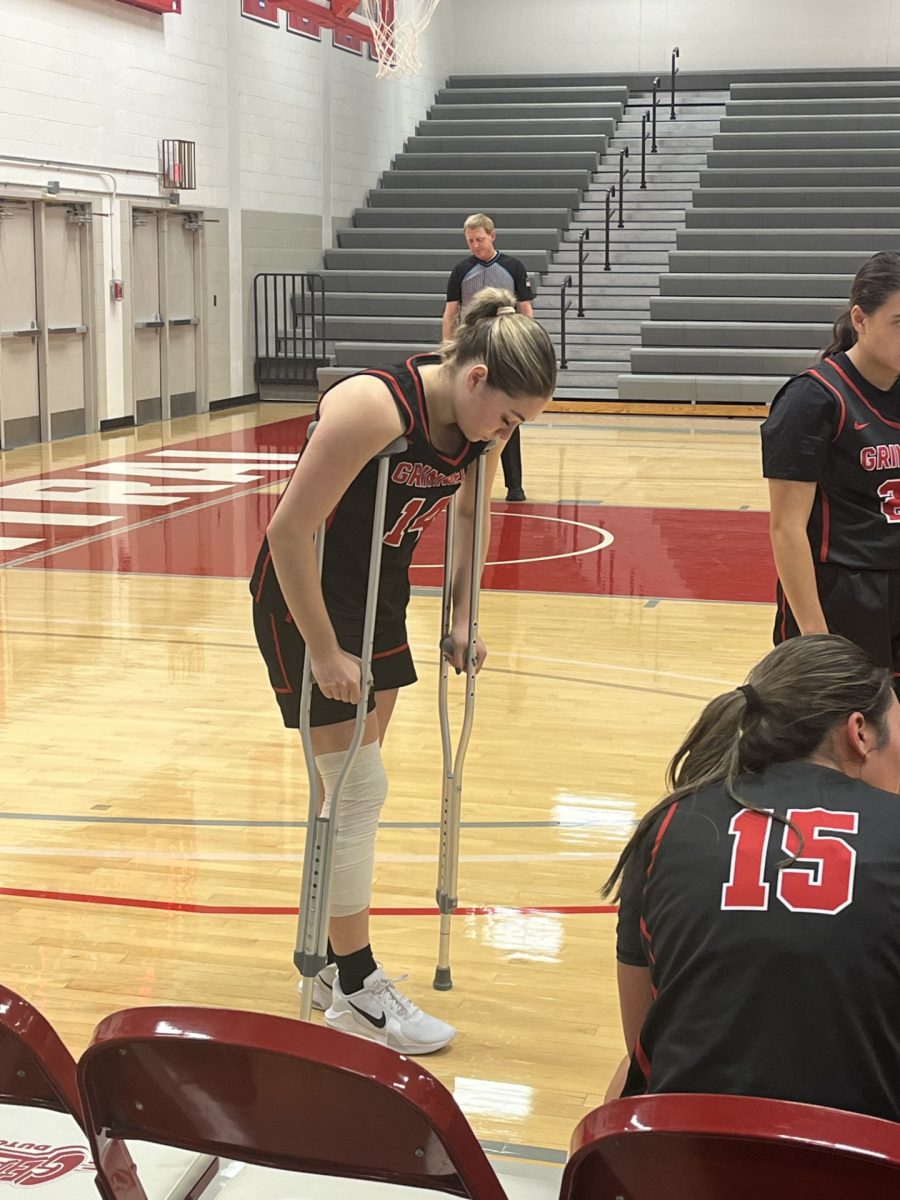
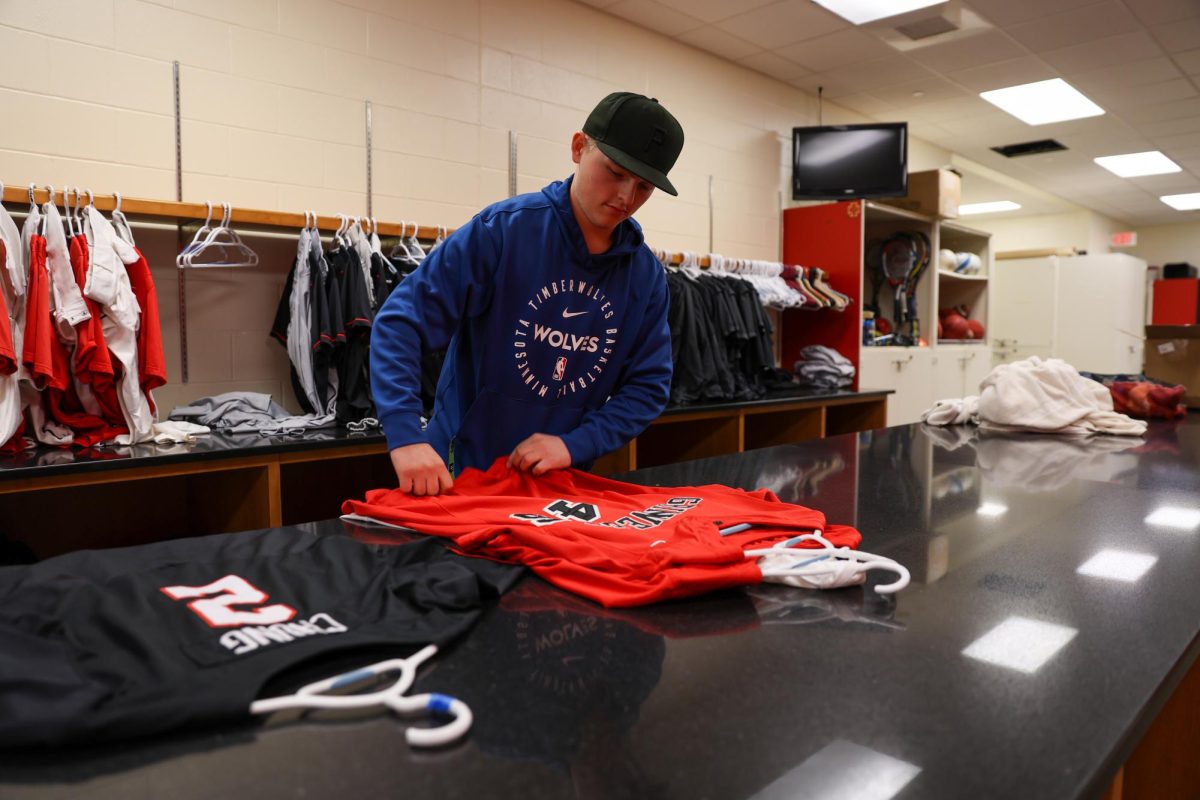
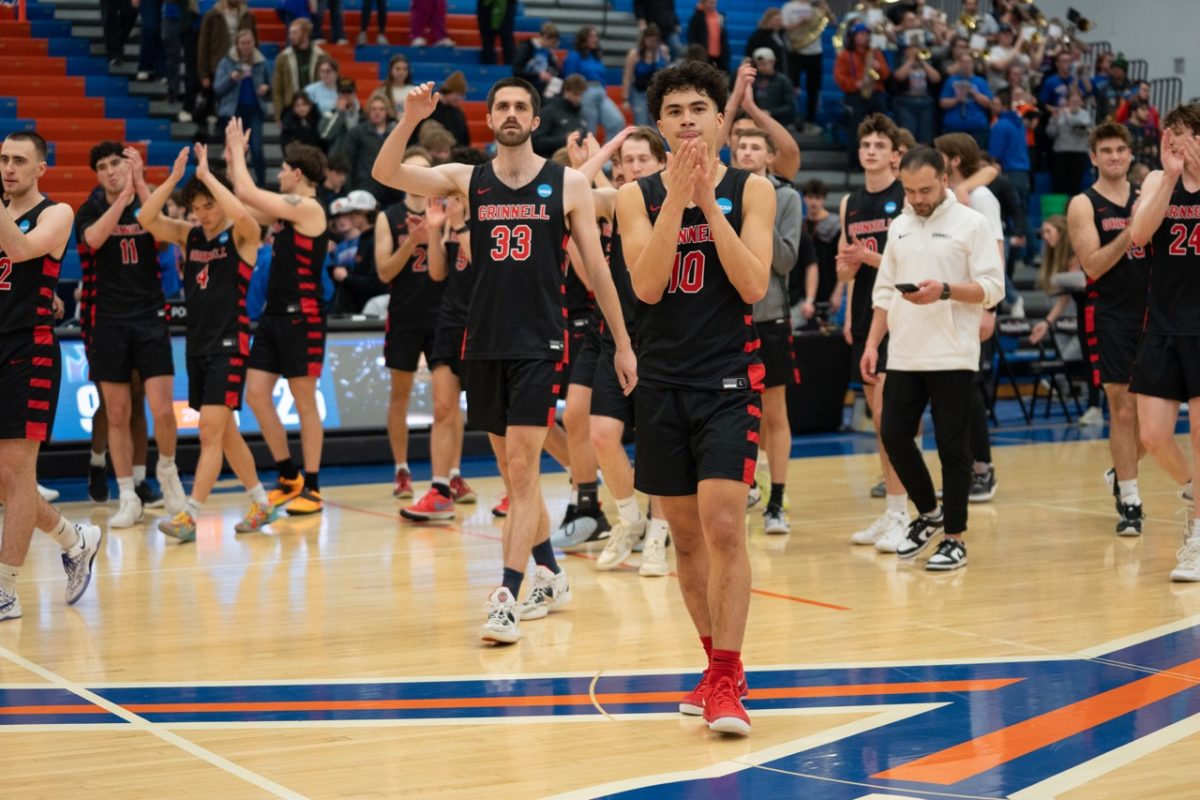




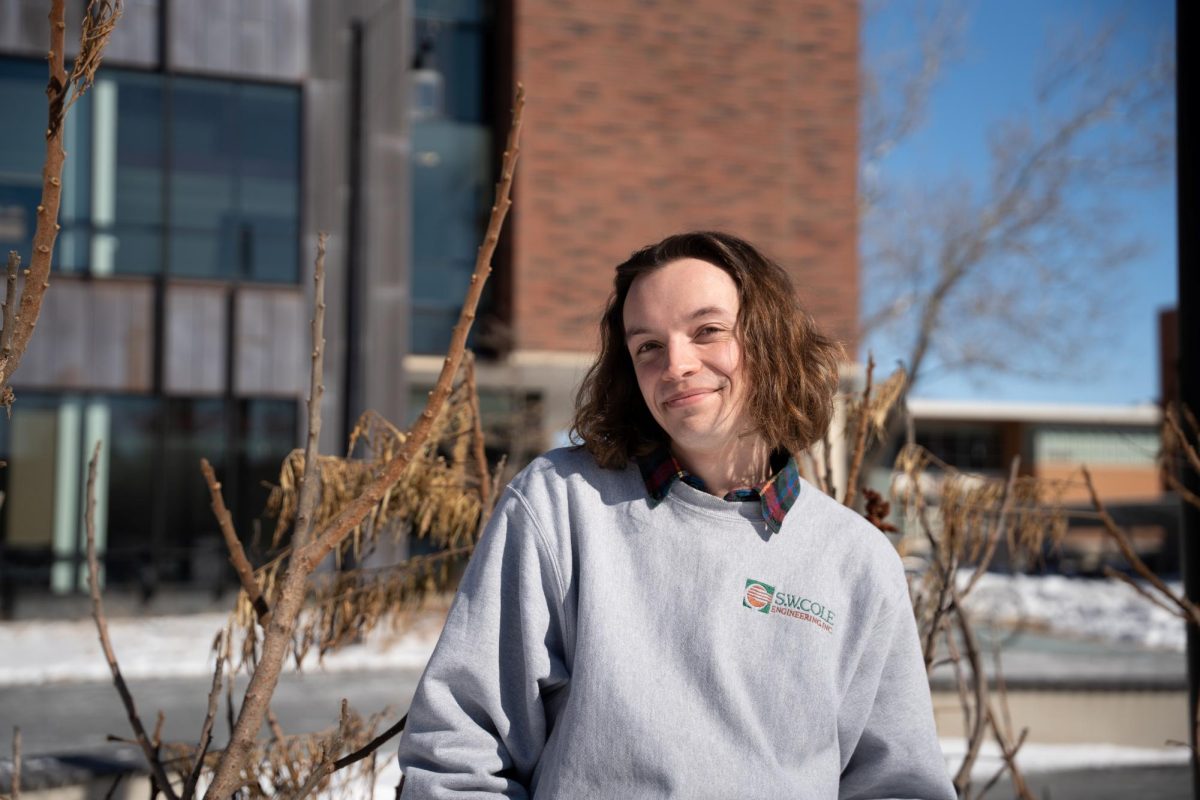












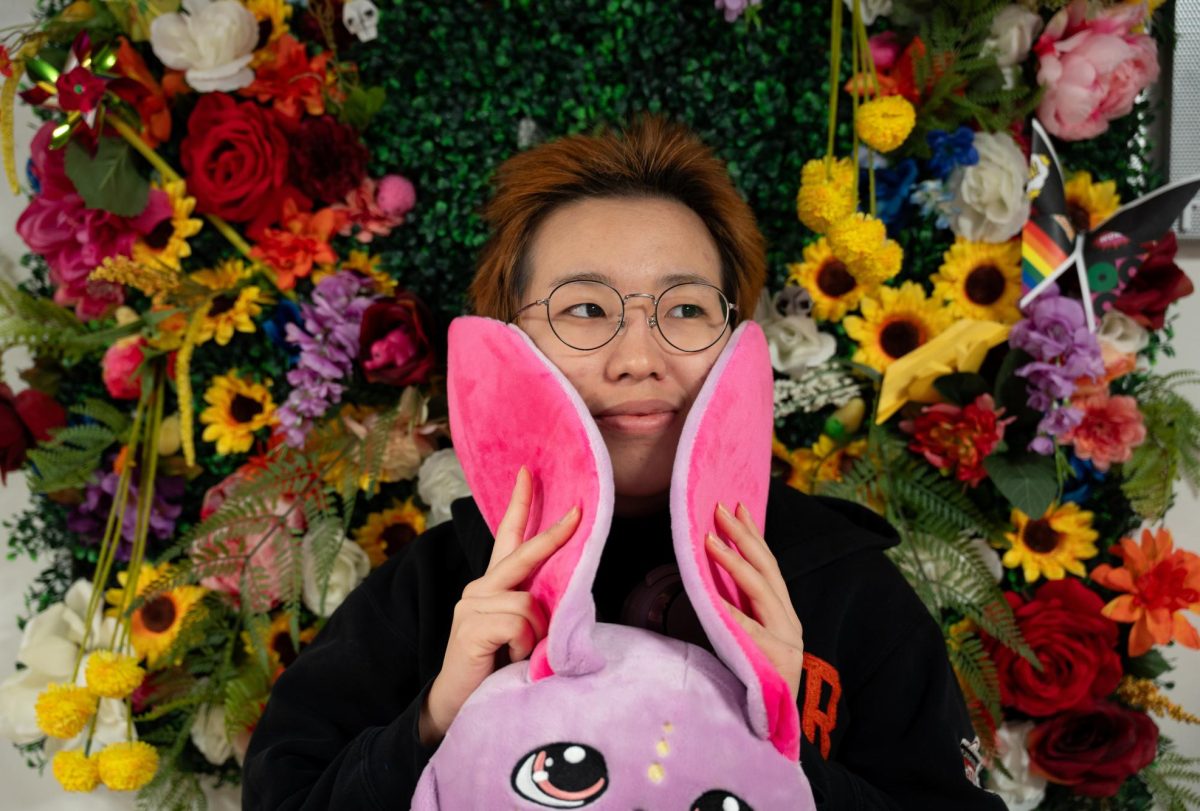










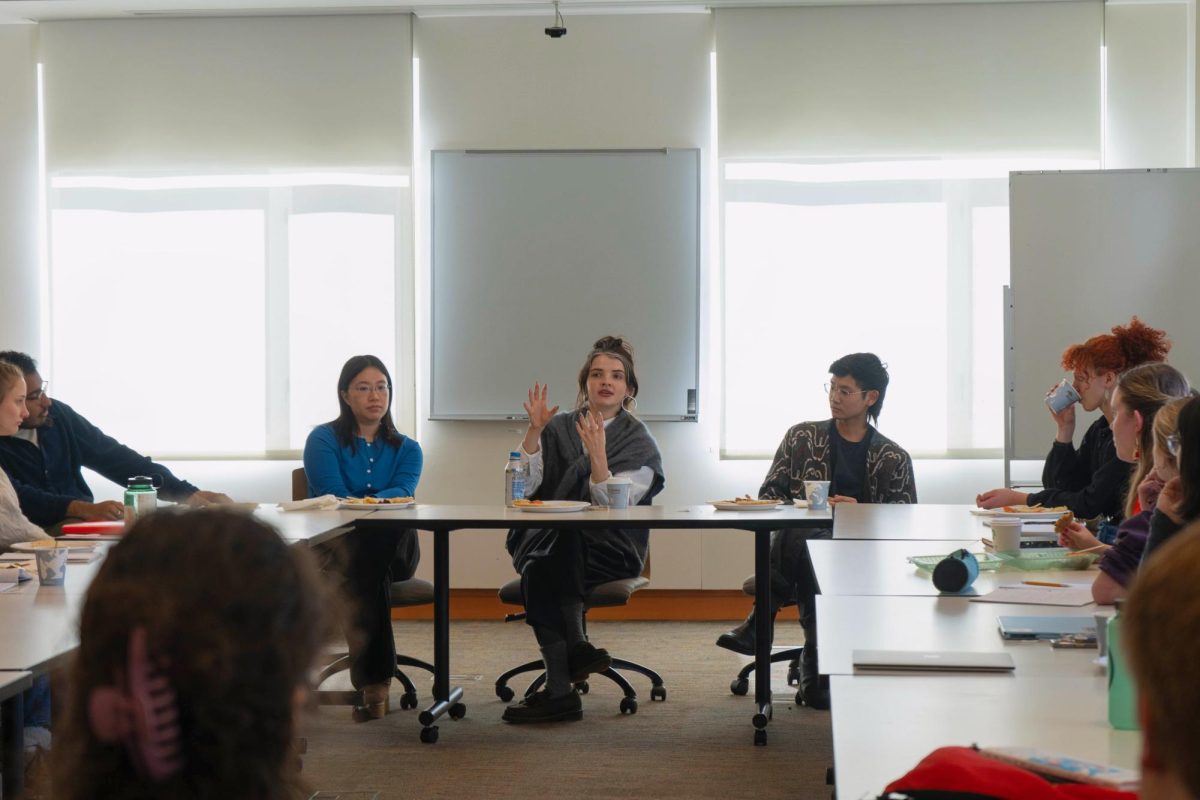





St Louie Buse • Mar 4, 2011 at 10:46 pm
Awesome performance. Way to go Neverland!